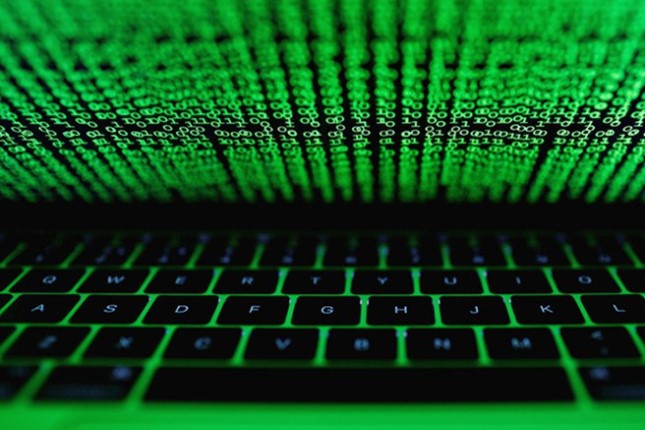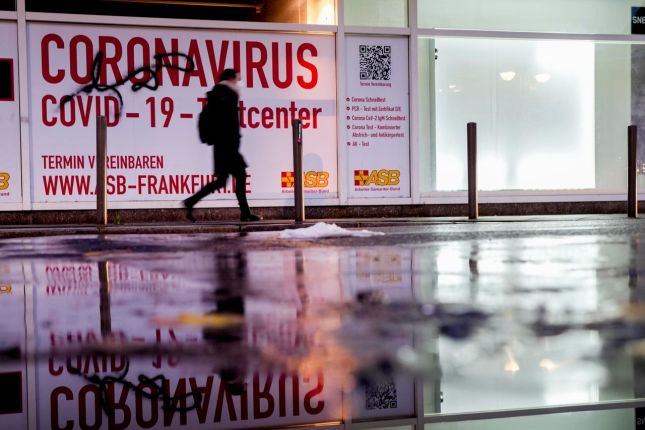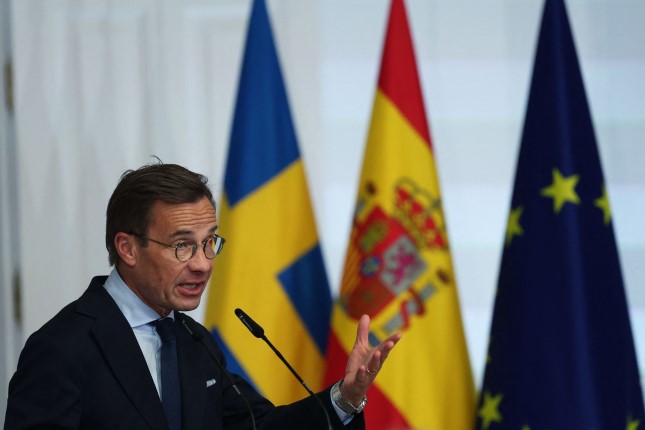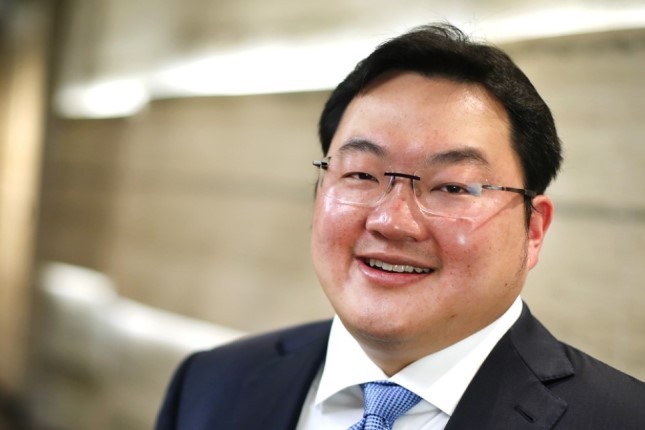In the past couple of days, the US has suddenly brought up the "all-purpose spare tire" of hyping up issues related to China - the so-called Chinese hacker problem. The spokesperson of the US White House National Security Council claimed that US officials have discovered China-based hackers exploiting vulnerabilities in Microsoft's cloud service to breach email accounts in the US. They then notified Microsoft, which later conducted tracking and investigation.
The matter has been extensively covered by the US media, causing a lot of fanfare. Subsequently, anonymous US officials jumped out and said they could not make a judgment on whether it is truly related to China. This reveals their sense of guilt, because they have never been able to present evidence.
They always surreptitiously throw mud at China and then retreat, trying to avoid a possible retaliation from China. This process and technique have become so familiar to the US that they can execute it skillfully even with their eyes closed.
Let's look at the initial source of the news, which is the US White House National Security Council. Nowadays, in the US and Western countries, everyone can imagine what it implies for institutions with "national security" in their names. In the past, such news was often released by the US National Security Agency, which is essentially the US cyber command, the world's largest hacker organization. This time, the news is released by the White House National Security Council instead, but it does not change the fact that the US is engaging in "thieves crying thief."
Let's take a look at the timing chosen by the US for this hype. It is reported that the hacked emails allegedly involved US Commerce Secretary Gina Raimondo. On July 13, the Chinese Ministry of Commerce disclosed that it was in communication with the US regarding Raimondo's visit to China, while also calling for lifting the unilateral sanctions on Chinese companies imposed by the US. In other words, Raimondo is about to visit China if nothing else. Is it a coincidence that the US suddenly reveals a Chinese hacker attack incident at this time? Based on the consistent approach of the US side, it is possible that they are using this as a means to gain the upper hand in public opinion and a bargaining chip for negotiations regarding Raimondo's visit to China.
Just before US Secretary of State Antony Blinken's visit to China in June, the US hyped a round of "Chinese hacking incidents." The whole process is almost the same as this time. But last time it was said that Chinese hackers had been "targeting critical US infrastructure and pursuing development of capabilities that could disrupt critical communications infrastructure between the United States and Asia region during future crises." This time, it was claimed that "Chinese hackers" had breached e-mail addresses, and the attack was also said to have been discovered in June.
If we observe the recent years of the US hype about "Chinese hackers," there is a general pattern. These incidents usually occur at critical points in China-US relations, coinciding with a period of "lack of progress" in issues related to China in the US. Thus, "Chinese hackers" or "Chinese spies" are timely fabricated to fill the void. Whether it's hackers or spies, the US is an expert in this field and knows that such smearing is difficult to prove or disprove. It only causes trouble for others, and that's the intended purpose.
The current China-US relationship is at a crucial, delicate, and uncertain juncture. The high-level communication between the two countries is recovering relatively quickly. However, the unfavorable winds and countercurrents emerging from the US side have largely interfered with the positive progress brought about by communication.
On July 13, Wang Yi, director of the Office of the Foreign Affairs Commission of the Communist Party of China (CPC) Central Committee, met US Secretary of State Blinken on the sidelines of the ASEAN Foreign Ministers' Meeting in Jakarta, Indonesia.
It was the second meeting between the two in a month. The US Special Presidential Envoy for Climate John Kerry and US Commerce Secretary Gina Raimondo are both due to visit China in the near future.
This has raised expectations in the international community for a turnaround in China-US relations. China always holds an open and welcome attitude toward such communication and exchange, but we advise the US not to play dirty, otherwise, it will not only get a slap in its face, but also ruin the opportunity for the US-China relations to return to a healthy and stable track.
Source: The Global Times.
































